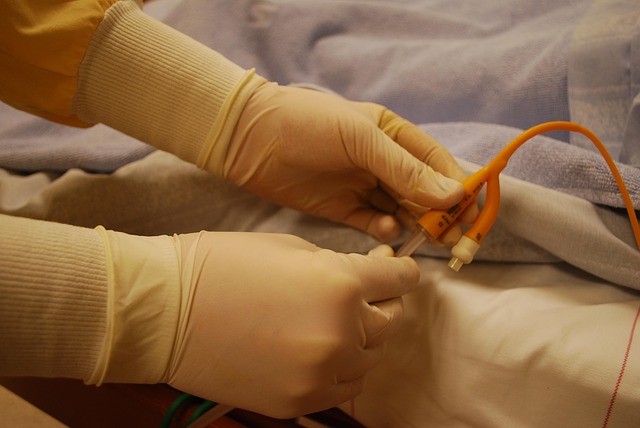Understanding Crohn's Disease Treatment Options: A Comprehensive Guide
Crohn's disease is a complex inflammatory bowel disease that requires careful medical management and a personalized treatment approach. While there is no cure, various treatment options can help control symptoms, reduce inflammation, and improve quality of life for those affected. This comprehensive guide explores the most effective treatments available and how they work to manage this chronic condition.

Advanced Biological Therapies
Biological therapies represent a significant advancement in treating Crohn’s disease. These medications, including anti-TNF agents, integrate antibodies that target specific proteins involved in inflammation. They can be particularly effective for patients who haven’t responded well to conventional treatments. Common biologics include infliximab, adalimumab, and certolizumab pegol, administered through injection or infusion.
Dietary and Lifestyle Modifications
Managing Crohn’s disease often requires significant dietary adjustments to reduce symptoms and maintain digestive health. A balanced diet that avoids trigger foods, along with proper hydration, can help minimize flare-ups. Working with a registered dietitian can help develop an individualized meal plan that ensures proper nutrition while avoiding problematic foods.
Surgical Interventions When Necessary
When medical treatments and lifestyle changes aren’t sufficient, surgical intervention may become necessary. Common surgical procedures include strictureplasty to widen narrowed sections of the intestine, bowel resection to remove damaged portions, and fistula repair. Approximately 70% of people with Crohn’s disease will require surgery at some point in their lives.
Alternative and Complementary Therapies
Many patients find relief through complementary therapies alongside traditional medical treatments. These may include stress reduction techniques, acupuncture, and probiotics. While evidence for some alternative treatments is limited, stress management and relaxation techniques have shown benefits in reducing flare-up frequency and severity.
Treatment Costs and Insurance Coverage
| Treatment Type | Average Cost (Without Insurance) | Typical Insurance Coverage |
|---|---|---|
| Biological Therapies | $1,000-3,000 per dose | 80-90% after deductible |
| Immunomodulators | $200-400 per month | 70-80% coverage |
| Surgery | $20,000-60,000 | 60-90% coverage |
| Nutritional Therapy | $100-200 per session | Limited coverage |
Prices, rates, or cost estimates mentioned in this article are based on the latest available information but may change over time. Independent research is advised before making financial decisions.
Managing Crohn’s disease requires a comprehensive, long-term treatment strategy that often combines multiple approaches. Success typically comes from working closely with a healthcare team to find the right combination of treatments while monitoring progress and adjusting the plan as needed. Regular check-ups and ongoing communication with healthcare providers are essential for optimal disease management and maintaining quality of life.
This article is for informational purposes only and should not be considered medical advice. Please consult a qualified healthcare professional for personalized guidance and treatment.






